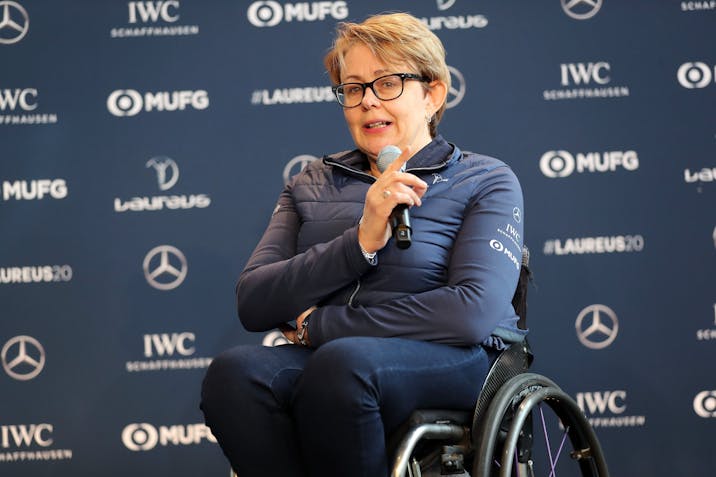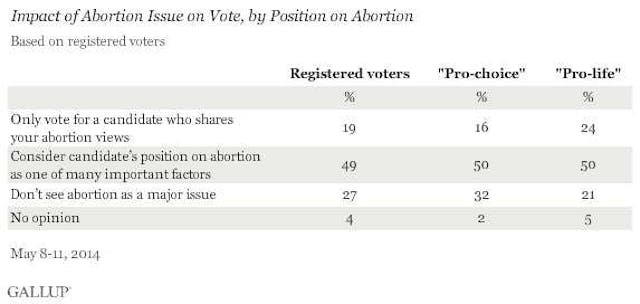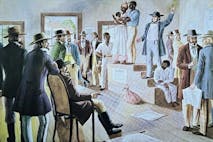
Paralympian receives abuse and harassment for opposing assisted suicide
Cassy Cooke
·
Abortion is a big issue for voters
A poll from last month also shows this. A CBS News poll includes a section titled “The deal-breakers: What rules candidates in or out?” Second to ISIS (61 percent), just over half (51 percent) of Republicans would not vote for someone who had a different opinion on abortion as them.
The poll also asks:
Q16. Which of these comes closest to your view? 1. Abortion should be generally available to those who want it. 2. Abortion should be available but under stricter limits than it is now. 3. Abortion should not be permitted.
One-quarter of all voters fall into the latter view in believing that abortion should not be permitted. While 38 percent of voters think that abortion should generally be available. A majority of Democratic voters support available abortion, but not overwhelmingly, at only 54 percent.
Thirty-four percent of all voters fall into the second view, including a plurality of Republicans at 39 percent. Such a view is encouraging for pro-life bills which take a gradual approach when it comes to eradicating abortion through limits which a considerable amount of voters support. Such limits may not save all preborn children from abortion, but are nevertheless effective in that they can save many, while still being supported by the American voter and thus being likely to pass.
For instance, a 20 week ban on abortion enjoys the endorsement of every potential GOP presidential candidate. The bill also has broad support from voters, as evidenced by data from various polls across the ideological spectrum.
In reporting on the CBS poll results, The Washington Times suggests that abortion is one of “the biggest litmus test for GOP voters.” Thus this is an issue the candidates cannot afford to ignore during the campaign.
It is also worth noting that a Gallup poll from last May shows that those who considers themselves pro-life, compared to those the poll describes as pro-choice, are more likely to “only vote for a candidate who shares [their] abortion views.”

Pro-lifers should remain hopeful though this time that abortion will get the attention it deserves in the 2016 presidential election. If the back-and-forth between Rand Paul and Congresswoman Debbie Wasserman Schultz is any indication, it very well could happen.
Live Action News is pro-life news and commentary from a pro-life perspective.
Contact editor@liveaction.org for questions, corrections, or if you are seeking permission to reprint any Live Action News content.
Guest Articles: To submit a guest article to Live Action News, email editor@liveaction.org with an attached Word document of 800-1000 words. Please also attach any photos relevant to your submission if applicable. If your submission is accepted for publication, you will be notified within three weeks. Guest articles are not compensated (see our Open License Agreement). Thank you for your interest in Live Action News!

Cassy Cooke
·
Opinion
Jade A. Lee
·
Politics
Bridget Sielicki
·
Politics
Nancy Flanders
·
Politics
Cassy Cooke
·
Politics
Bridget Sielicki
·
Fact Checks
Rebecca Downs
·
Newsbreak
Rebecca Downs
·
Newsbreak
Rebecca Downs
·
Newsbreak
Rebecca Downs
·
Newsbreak
Rebecca Downs
·